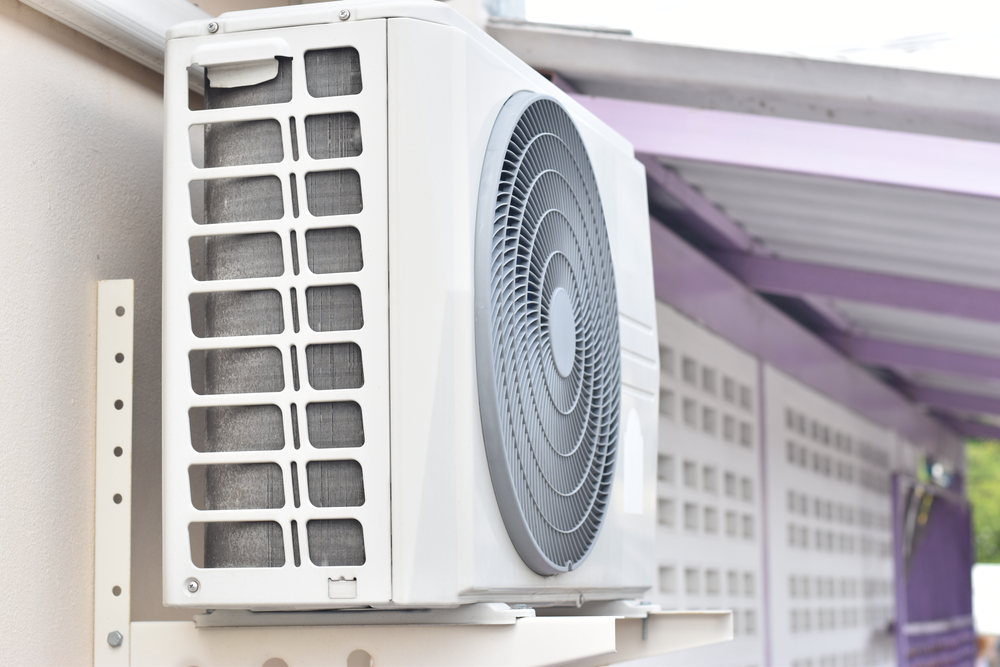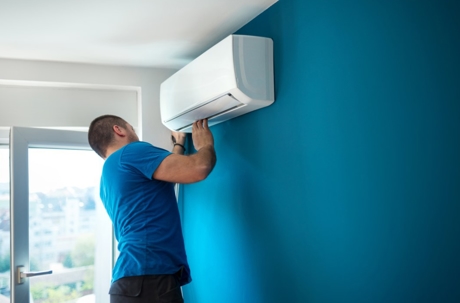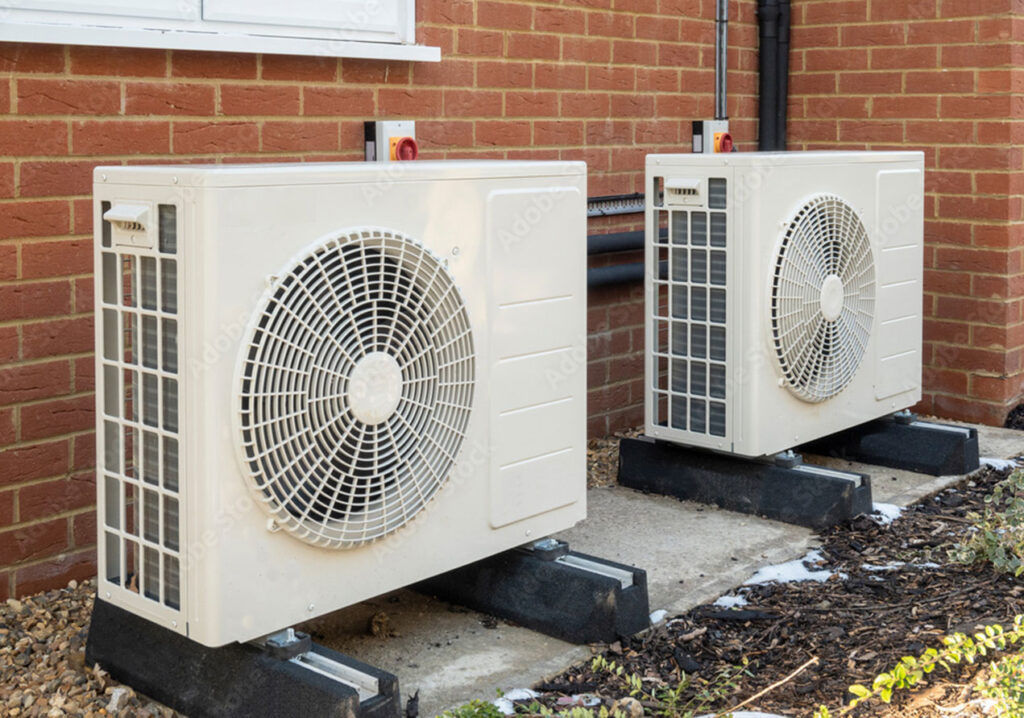Welcome to the wonderful world of mini split AC systems! If you want to keep your home cool and comfortable while also saving money on your energy bills, proper insulation is key. By ensuring that your home is well-insulated, you can optimize the efficiency of your mini split AC system, allowing it to run more smoothly and effectively. Say goodbye to wasting energy and hello to a perfectly cool living space all summer long! Have you ever wondered how you can make your mini split AC unit more efficient?

Understanding Mini Split AC Systems
Mini split AC systems are a popular choice for homeowners looking for an efficient and flexible way to cool their homes. These systems consist of two main components: an outdoor unit and one or more indoor units. The outdoor unit houses the compressor, condenser, and expansion valve, while the indoor units contain the evaporator and fan.
How Mini Split AC Systems Work
Mini split AC systems work by transferring heat from inside the home to the outside. The refrigerant in the system absorbs heat from the indoor air and moves it to the outdoor unit, where it is released. This process cools the air inside the home, providing a comfortable living environment.
The Importance of Proper Insulation
Proper insulation is crucial for maximizing the efficiency of your mini split AC system. Without adequate insulation, cool air can escape from your home, leading to wasted energy and higher utility bills. Proper insulation helps to keep the cool air inside, reducing the workload on your AC system and saving you money in the long run.
Common Areas That Need Insulation
There are several key areas of your home that may require additional insulation to improve the efficiency of your mini split AC system. These include:
- Attic
- Walls
- Floors
- Ductwork
By addressing these areas and ensuring they are properly insulated, you can help your mini split AC system operate more efficiently.

Choosing the Right Insulation Materials
When it comes to choosing insulation materials for your home, there are several options to consider. The most common types of insulation used in residential applications include:
- Fiberglass
- Cellulose
- Foam
- Reflective insulation
Each type of insulation has its own advantages and disadvantages, so it’s important to carefully consider your options before making a decision.
Factors to Consider When Choosing Insulation Materials
Some factors to consider when selecting insulation materials for your home include:
- R-Value
- Cost
- Ease of installation
- Environmental impact
By weighing these factors and considering your specific needs, you can choose the right insulation materials for your home.

Insulating Your Home for Maximum Efficiency
Properly insulating your home is essential for maximizing the efficiency of your mini split AC system. Here are some tips for insulating your home effectively:
Seal Air Leaks
Air leaks can significantly reduce the effectiveness of your insulation. Be sure to seal any gaps or cracks in your home, especially around windows, doors, and electrical outlets.
Insulate Your Attic
Attic insulation is crucial for maintaining a comfortable indoor temperature. Consider adding insulation to your attic to prevent heat from escaping in the winter and entering in the summer.
Insulate Your Walls
Walls are a major source of heat loss in many homes. Adding insulation to your walls can help reduce energy consumption and improve the efficiency of your mini split AC system.
Insulate Your Floors
Insulating your floors can help prevent cold air from seeping in during the winter and hot air from entering during the summer. Consider adding insulation to your basement or crawl space to improve the overall efficiency of your home.
Insulate Your Ductwork
Ductwork insulation is essential for preventing air loss and maintaining consistent airflow throughout your home. Be sure to insulate your ductwork properly to optimize the performance of your mini split AC system.
Enhancing Efficiency with Proper Maintenance
In addition to proper insulation, regular maintenance is essential for maximizing the efficiency of your mini split AC system. Here are some tips for keeping your system in top condition:
Clean or Replace Air Filters
Dirty air filters can restrict airflow and reduce the efficiency of your mini split AC system. Be sure to clean or replace your air filters regularly to ensure optimal performance.
Check for Refrigerant Leaks
Refrigerant leaks can cause your mini split AC system to work harder and consume more energy. If you suspect a leak, be sure to have it repaired promptly by a qualified HVAC technician.
Schedule Annual Inspections
Annual inspections by a professional HVAC technician can help identify any potential issues with your mini split AC system before they become major problems. Regular maintenance can help extend the life of your system and improve its overall efficiency.
Clean Outdoor Unit
The outdoor unit of your mini split AC system can become clogged with dirt and debris, affecting its performance. Be sure to clean the outdoor unit regularly to keep it operating at peak efficiency.

Conclusion
Proper insulation is essential for maximizing the efficiency of your mini split AC system. By addressing common problem areas, choosing the right insulation materials, and following proper maintenance procedures, you can ensure that your system operates at peak performance. With a well-insulated home and a well-maintained mini split AC system, you can enjoy optimal comfort and energy savings year-round.
